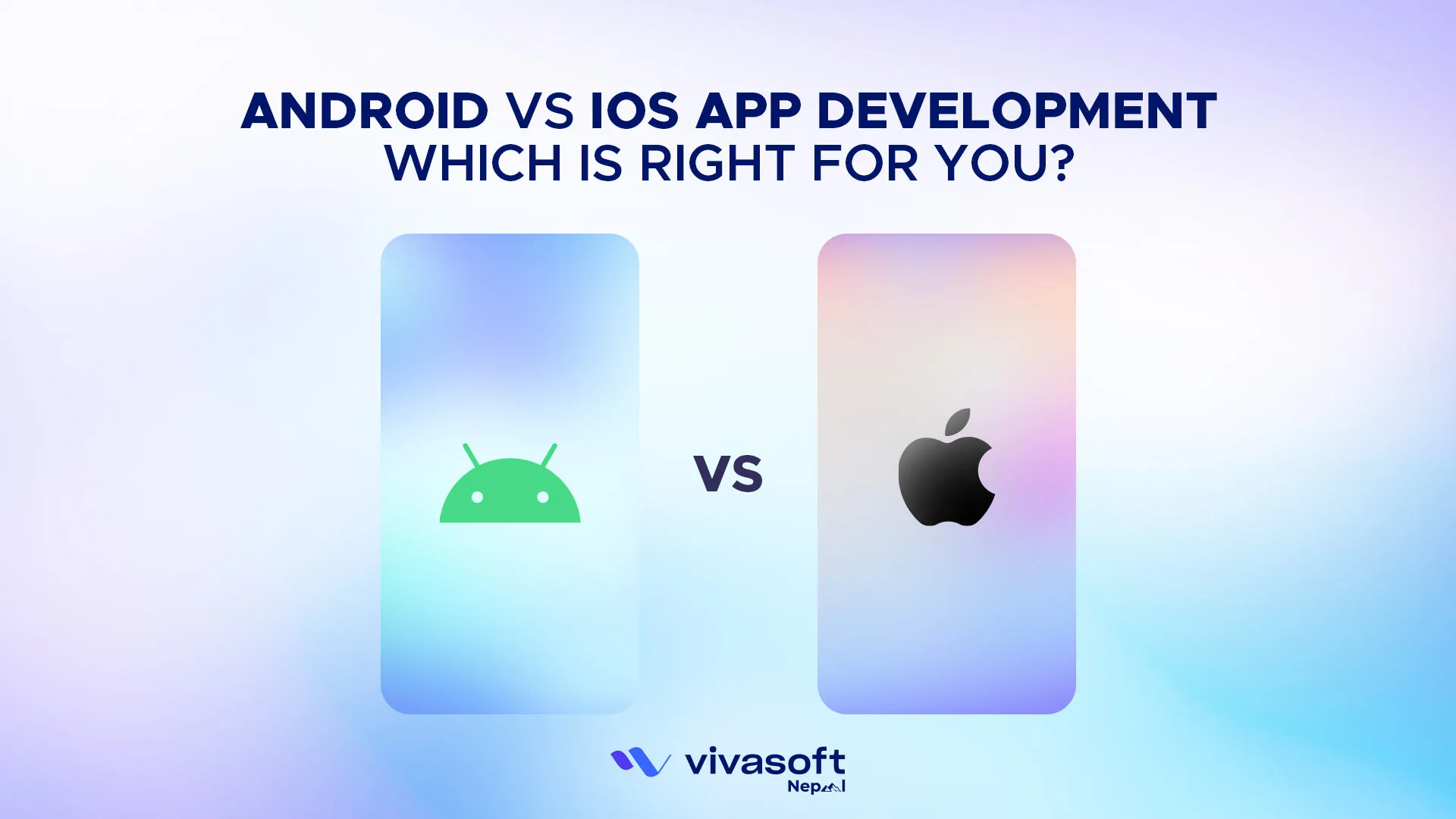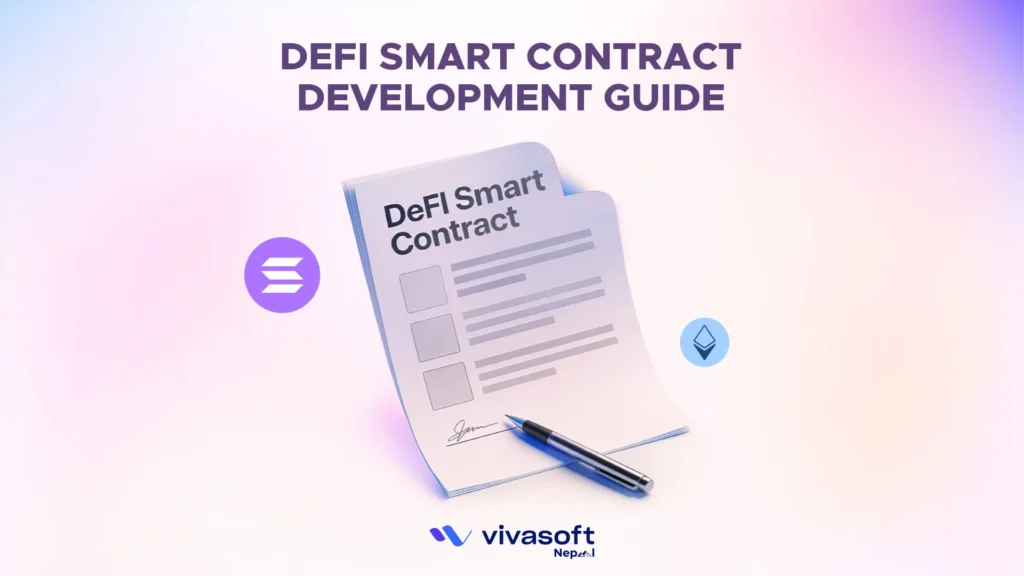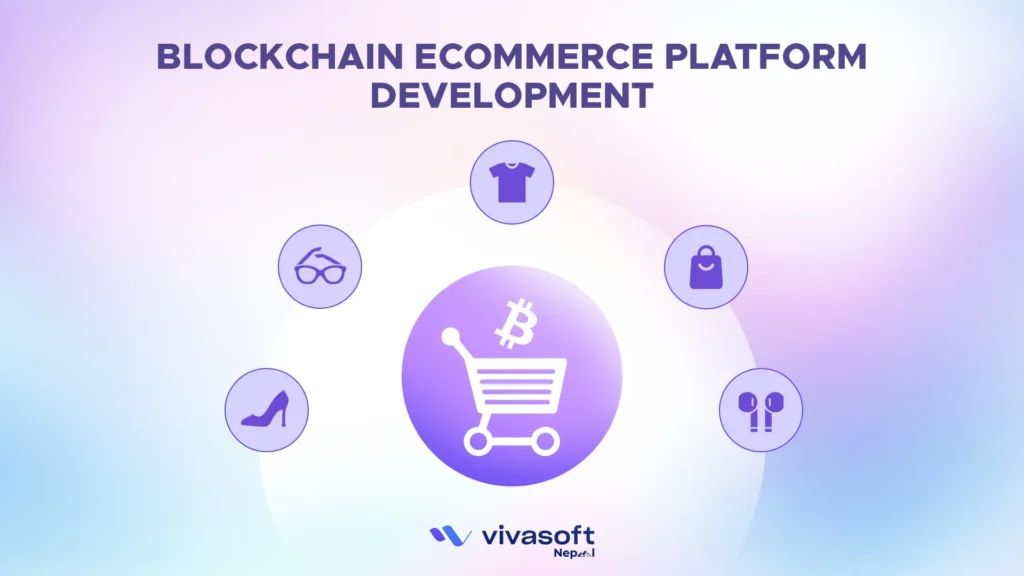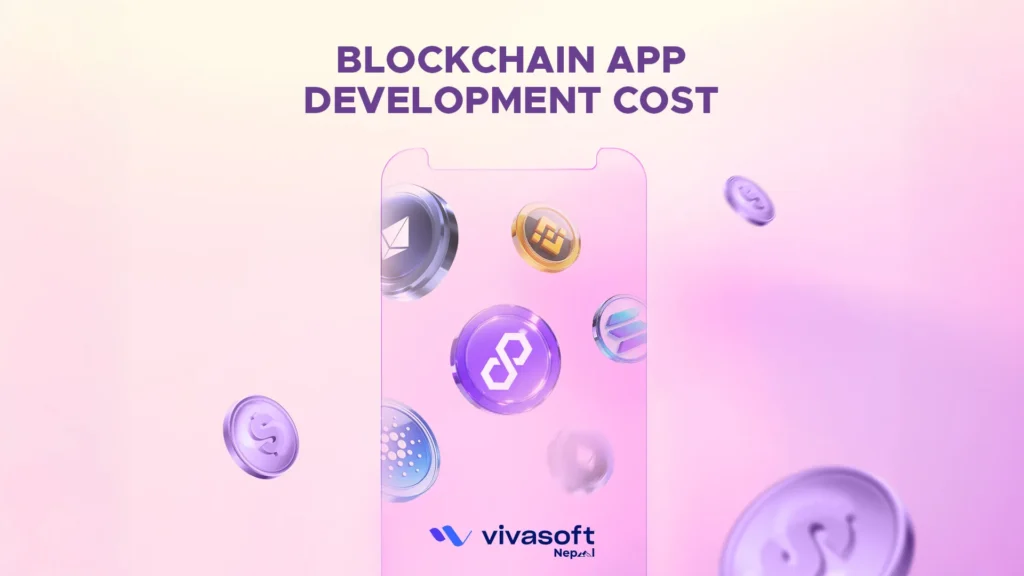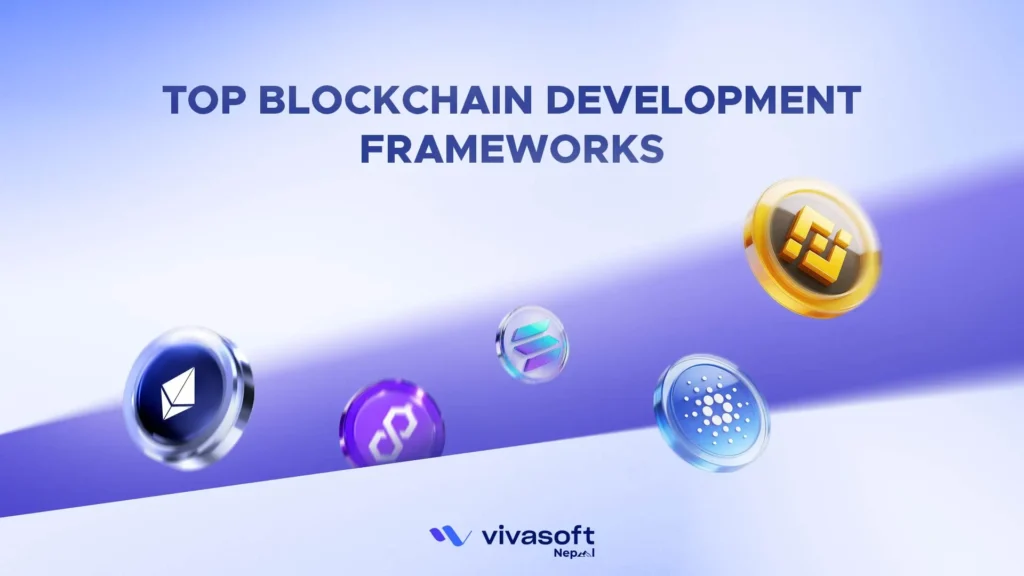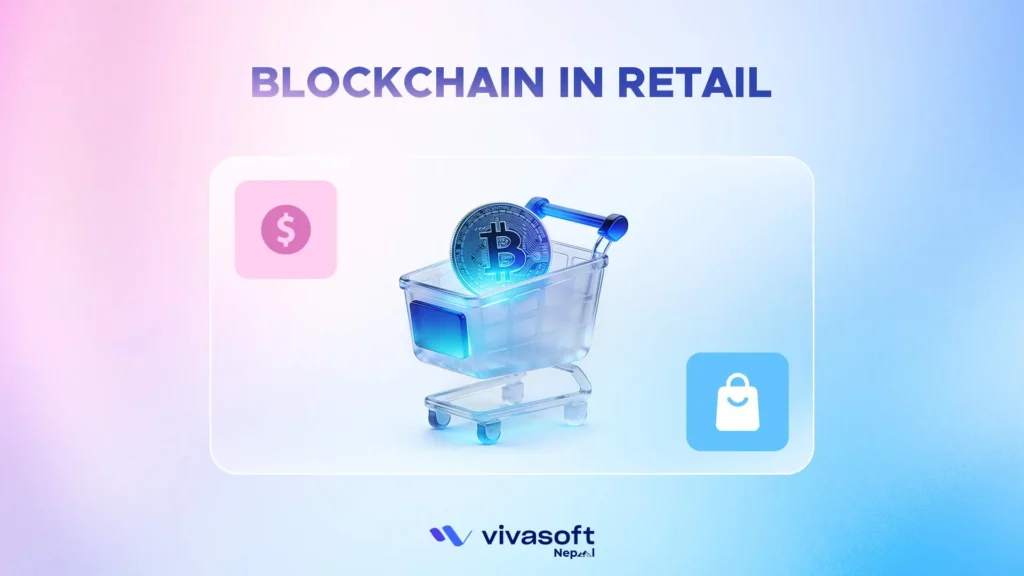Deciding between Android and iOS app development often presents a strategic challenge. Android development gives access to millions of users and many device options. iOS development keeps things tight, secure, and reliable, with users who stick around.
Every detail matters from coding languages and design choices to how people pay and interact. These differences shape the mobile app you build and the audience you reach. Knowing this from the start helps to pick the right mobile app development model that fits specific goals and resources of businesses in Nepal.
What is Android App Development?
Android app development means making software that runs on devices using the Android operating system- phones, tablets, TVs, etc. Developers use Android Studio plus the Android SDK. Languages like Kotlin and Java are typical.
These tools offer APIs to manage UI, hardware (camera, sensors), data storage, networking, etc. Learning Android takes getting familiar with Android’s lifecycle components (Activities, Services) and its UI frameworks.
There’s been debate over XML layouts vs newer tools like Jetpack Compose. Some say Android development can feel complex because of device fragmentation and dealing with many OS versions.
What is IOS App Development?
iOS app development is building apps for Apple devices like iPhones, iPads, and Apple Watches. iOS is much more controlled than Android. That means fewer devices, fewer operating system versions, so your work becomes more predictable.
Most iOS mobile apps are built in Xcode using Swift. You will also see Objective C in older projects. User interface design is handled by frameworks such as UIKit and SwiftUI.
Apple gives us APIs to deal with things like networking, storage, and device features. But we cannot skip certain steps. Testing on real devices, managing provisioning profiles, and following App Store guidelines are essential.
Android vs iOS App Development: Quick Comparison
Here’s how devs in Nepal usually break it down when comparing both mobile app development models side by side.
| Aspect | Android App Development | iOS App Development |
|---|---|---|
| User Demographics | Larger global base, strong in developing markets. | Smaller base but focused in wealthier regions, spending is higher. |
| Monetisation Models | Ads and freemium are common, high downloads but lower revenue per user. | Subscriptions and in-app purchases dominate, higher revenue per user. |
| Update Adoption | Slower devices often stuck on old versions. | Faster, most users shift to the latest iOS quickly. |
| Third-Party Integrations | Very open, lots of flexibility, but device quirks add complexity. | More predictable, integrations usually work the same across devices. |
| Hardware & Ecosystem | Huge variety of devices, making optimisation harder. | Tight control over hardware and software, smoother ecosystem. |
| Testing & QA | Heavy testing required across many devices and versions. | Easier to manage, fewer devices and OS versions mean fewer surprises. |
What Are the Key Differences Between Android and iOS App Development?
The difference between Android and iOS development is less about brand loyalty and more about how each ecosystem shapes the workflow, tools, and outcomes.
Programming Languages
On Android the two main languages are Kotlin and Java. Kotlin is now preferred. Java still appears everywhere because of older apps. On iOS the dominant language is Swift. Objective-C remains in legacy projects.
Many developers say Kotlin and Swift are roughly comparable in expressiveness, safety, and in modern paradigms such as null safety and functional style. But there is a catch. Legacy code causes real complications.
On Android many projects mix Java with Kotlin. Developers often deal with deprecated APIs. On iOS some projects still use Objective-C or older UI tools like Storyboards rather than moving fully to SwiftUI. That slows things down and makes migration work awkward.
Development Complexity
Android development presents higher complexity due to the variety of devices. Different manufacturers, screen sizes, OS versions, and hardware variations create challenges. Features may work on one device but fail on another.
iOS is simpler in that respect- fewer device models, more uniform hardware, more consistent OS rollout. This reduces the overhead of testing. But complexity still exists in iOS in dealing with Apple review processes, deprecated APIs (especially in older codebases), and sometimes restrictive constraints imposed by Apple’s frameworks.
Device Fragmentation
Android has much higher fragmentation like OS version spread, manufacturer custom skins, differences in how features like permissions, sensors, or system services behave across devices. This causes more testing, more bug potential, and sometimes needing workaround code specific to certain models.
iOS devices are more uniform. Most users upgrade, so supporting recent OS versions gives you wide coverage. Fewer device manufacturers means fewer surprises in hardware behavior. But older iPhones or iPads still exist, so legacy support isn’t entirely negligible.
Design Philosophy
iOS design for mobile app development is more opinionated; Apple’s Human Interface Guidelines are stricter. The look, feel, transitions, animations, consistency are held to higher standards (or at least more enforced). Many devs feel iOS apps end up “smoother” or more polished, partly because of this.
Android gives more flexibility in mobile app development with custom UIs, custom behaviors and more variations. But that flexibility adds burden; more work to ensure consistency, more chance of layout / style / behavior gaps across devices. Recent frameworks (Jetpack Compose, Material You) are narrowing the gap.
Security and App Store Policies
iOS mobile app development has tighter controls. All apps must pass through Apple review, stricter guidelines on privacy, permissions, fingerprinting, use of certain APIs. Sideloading is restricted. For many devs this is a trade-off; harder to publish, but a more uniform security baseline.
Android mobile app development allows more openness. It is easier for devs to distribute outside Play Store, more customization, but that comes with higher risk of malware, malicious apps, fragmentation of security updates. Many manufacturers are slow to release Android and security patches, leaving devices vulnerable for extended periods.
Tools
Android devs tend to prefer Android Studio (built on IntelliJ), praised for richness of functionality and relatively stable support; many devs say it’s matured.
iOS dev uses Xcode, which some find less friendly especially in UI work (Interface Builder / Storyboards), dealing with bugs, slow simulator, or unclear error messages. But tools like SwiftUI are improving the situation.
Library / third-party support is more abundant in Android for certain niche functionality; iOS tends to have fewer but often more curated options. Also, debugging and testing tools (simulators vs emulators vs real devices) have trade-offs on both sides.
What Are the Benefits and Challenges of Android App Development?
Android mobile app development is open, flexible, and you can reach a much larger audience. That freedom is powerful, but it comes with complexity. You have more control, yes, but you also need to handle diversity in devices and software versions carefully.
Benefit
Android’s strengths come from openness and scale:
- Large Market Share: Android runs on far more devices worldwide. If reach is important, this is your platform.
- Reduced Time to Market: App submissions are faster, so you can launch sooner.
- Open-Source Freedoms: Developers can innovate more. There’s room for creativity that iOS doesn’t allow.
- Wide Device Compatibility: Apps can work across multiple screen sizes and hardware setups.
- Diverse Monetization Options : There are many ad networks and platforms, giving flexibility in revenue generation.
Challenges
Android app development also comes with its own complexities.
- Security Concerns: Open systems bring more risk. Extra caution is necessary.
- Device Fragmentation: Many devices and OS versions make testing more complex.
- Longer Development Time: Supporting diverse devices takes more effort.
- Inconsistent Performance: Hardware differences mean apps might not run uniformly.
- Play Store Policies: Approval is more flexible than Apple, but attention to rules is still required.
What Are the Benefits and Challenges of IOS App Development?
iOS development focuses on reliability and quality. The ecosystem ensures smooth performance and engaged users. At the same time, platform rules require careful navigation.
Benefit
The strengths of iOS come from control and a premium user base:
- Security Standards: Data protection and app integrity are highly enforced.
- High Revenue Potential: Loyal users increase monetization opportunities.
- Fast Development Time: Uniform hardware and software reduce testing complexity.
- Optimized Performance: Apps run consistently across devices.
- Strong Ecosystem Support : Tools and frameworks simplify development and integration.
Challenges
iOS development presents clear limitations that need strategic attention:
- Strict Policies: App Store rules require detailed compliance.
Smaller Global Market Share: Device reach is narrower than Android. - Limited Customization: System restrictions limit design flexibility.
- High Entry Barrier: Apple hardware and software investment is necessary.
- Frequent Updates: OS changes demand ongoing maintenance and adaptation.
Android vs iOS App Development : Which is Best for You?
Android mobile app development is open and runs on many devices and hardware. Developers can experiment with different APIs, hardware features, and custom user interfaces. The challenge is performance varies and multiple OS versions must be managed.
iOS mobile app development is controlled and predictable. Frameworks like SwiftUI and UIKit ensure consistent UI and smooth app behavior. So, it is not about which mobile app development is “better.” Instead, it is about priorities like whether you need massive reach and flexibility – Android, or reliability and a premium experience – iOS.
Wrapping Up
In the end, both Android and iOS app development have strengths. Android reaches far and wide, while iOS delivers smooth performance and loyal users. The right mobile app development choice depends on who you want to reach and the kind of experience you want to create.
However, working with skilled developers from lost cost regions like Nepal removes uncertainty. They guide your choices and help your app succeed. For professional support, partner with the best mobile app development company in Nepal and turn your app idea into a working, high-impact product.
FAQs
Which platform offers higher ROI for consumer apps in emerging markets?
Android leads in emerging markets with around 71.75% global market share, giving it broader reach across many types of devices.
What are the development costs for Android vs iOS?
Android development often comes with higher costs because of device fragmentation and longer testing requirements.
How will cross-platform frameworks change the future of native apps?
Frameworks like Flutter speed up development and expand reach. Still, native apps remain the choice for peak performance and fine-tuned features.
Is Flutter better than Swift?
Flutter allows cross-platform development with quicker deployment, while Swift ensures top performance and deeper access to iOS-specific features.

